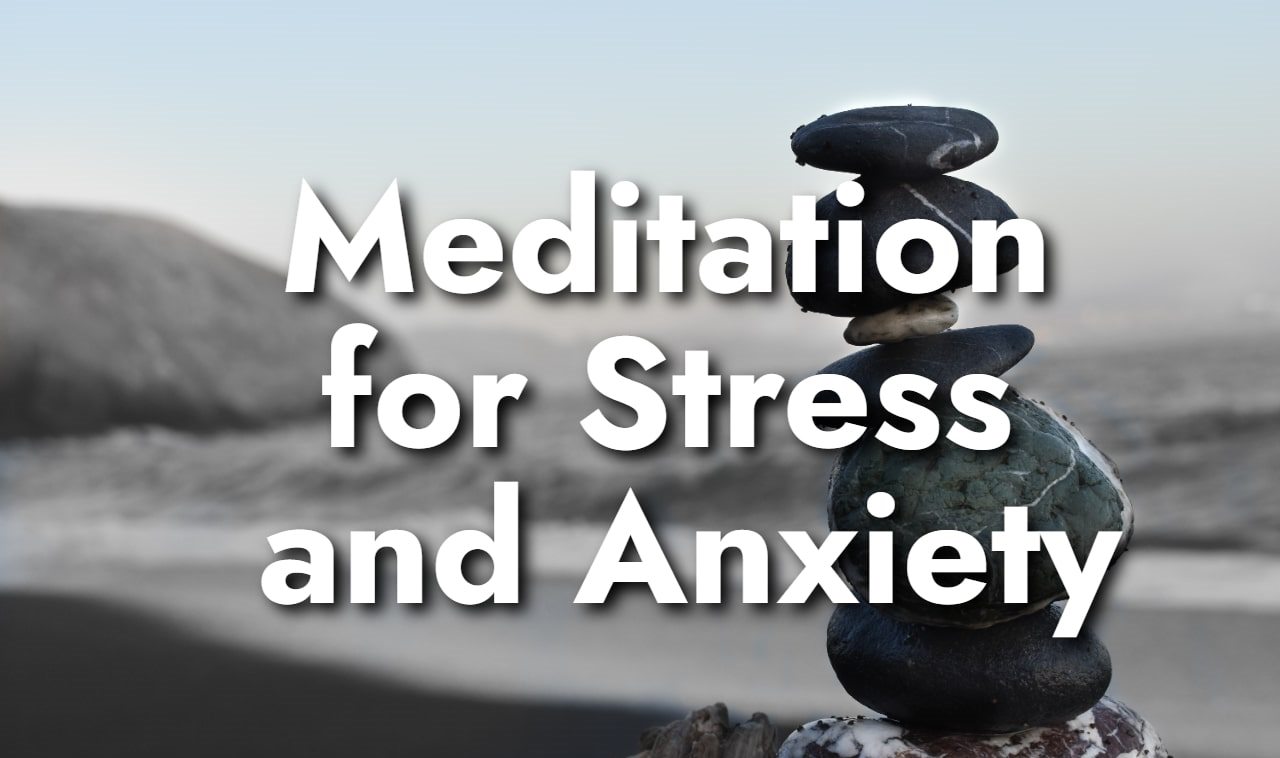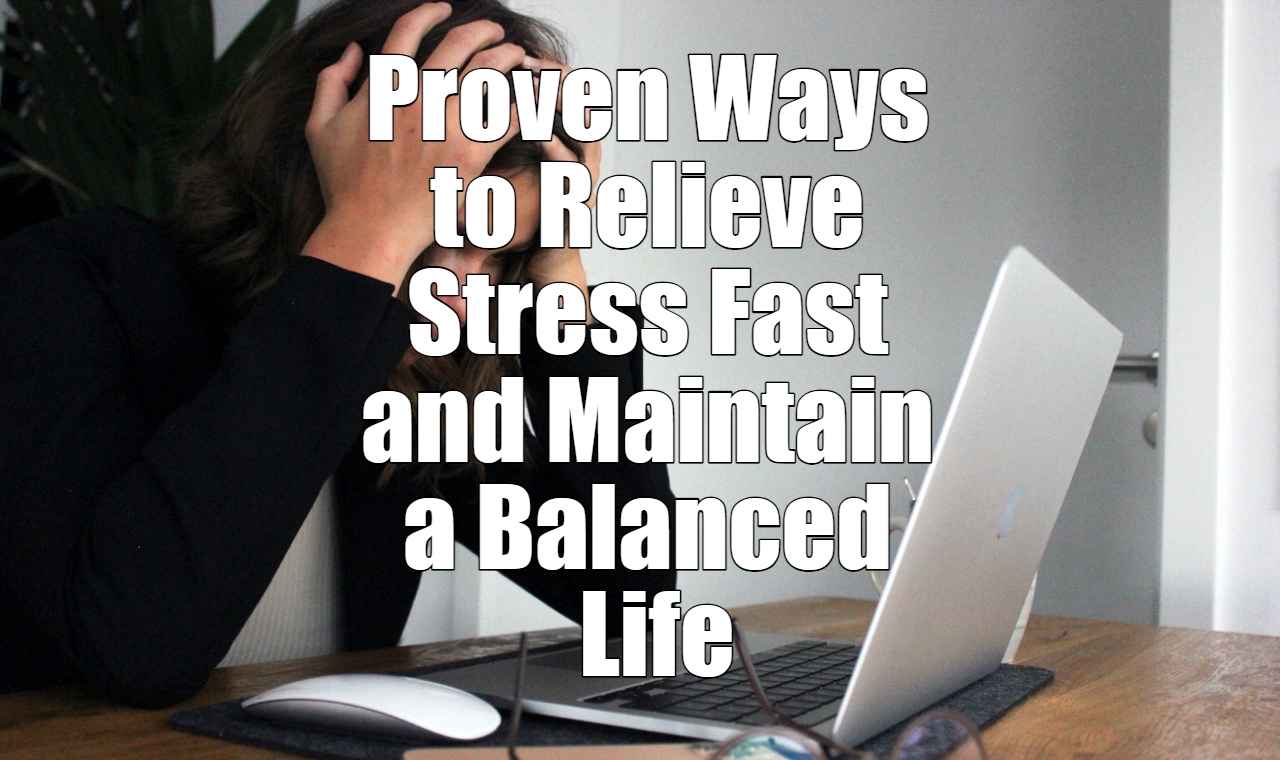When stress mounts, it’s crucial to have quick, effective strategies at hand for immediate relief. One of the healthy ways to dispel tension is to squeeze a stress ball, which can divert your mind and reduce physical signs of stress. Additionally, taking deep breaths can reset your stress response, and listening to soothing music has been shown to lower blood pressure and heart rate, ushering in a sense of calm swiftly.
For those looking for an instant tranquil escape, remember that even simple actions can be powerful. Implementing deep breathing techniques or tuning into a calming melody can make a considerable difference in how you handle stress. These methods are not only easily accessible but also serve as a gentle reminder that peace can be found in the midst of chaos.
The Science Behind Stress: How It Affects Your Body and Mind
Increased stress levels can wreak havoc on both physical health and emotional well-being, leading to complications such as anxiety and depression. The body responds to stress by releasing hormones that prepare you to either fight or flee, which, if not managed properly, can impact your health in detrimental ways. Recognizing the signs of stress and employing healthy ways to mitigate it is essential for maintaining overall wellness.
For those interested in incorporating fitness into their stress management routine, exploring the top 16 fitness apps can be a beneficial stepping stone. These apps offer a variety of ways to stay active and reduce stress, ensuring that you can find a solution that fits seamlessly into your lifestyle and aids in bolstering your resistance against the detrimental effects of stress.
10 Ways to Relieve Stress Fast
From chewing gum to reduce cortisol levels to ensuring a balanced diet, there are numerous healthy ways to manage stress. When confronted with stressful situations, it’s important to have a toolkit of strategies, including a healthy diet, that can alleviate chronic stress swiftly and effectively.
1. Engage in High-Intensity Interval Training (HIIT)
High-Intensity Interval Training (HIIT) offers a quick and efficient way to release pent-up tension and improve mood. The bursts of intense activity followed by short rest periods keep the heart rate up, which can help to decrease stress hormones and increase endorphin production, providing an immediate feeling of relief.
Moreover, HIIT sessions can be short, making them ideal for those with busy schedules. The rapid exchange between high energy output and recovery can also serve as a metaphor for stress management, teaching your body and mind to adapt quickly to changing demands.
2. Take a Brisk 10-Minute Walk Outdoors
Never underestimate the power of a brisk 10-minute walk in the great outdoors. This simple activity can have a profound effect on your mood by increasing endorphins and providing a change of scenery, which can help shift your perspective and reduce feelings of overwhelm.
The combination of physical exercise and exposure to natural light can be especially effective for stress relief. It’s an accessible way to clear your mind, rejuvenate your senses, and return to your tasks with renewed energy and focus.
3. Try Guided Imagery or Progressive Muscle Relaxation
Progressive muscle relaxation and guided imagery are powerful tools in the battle against stress. By systematically tensing and relaxing different muscle groups, progressive muscle relaxation helps the body respond to stress in a healthier way, releasing muscle tension that often accompanies anxiety.
Similarly, when you practice guided imagery, you visualize a serene environment, which can transport your mind away from the stressors of the present moment. These techniques can be especially beneficial when seeking ways to unwind before bed, but are not a substitute for medical advice.
4. Use Deep Breathing Exercises for Instant Calm
Deep breathing exercises are a cornerstone of stress reduction, directly affecting the levels of the stress hormone cortisol. By focusing on taking slow, deep breaths, you can counteract the effects of shallow breathing that often accompanies stress, promoting a sense of calm throughout the body.
Practices such as tai chi incorporate deep breathing and can be particularly useful when falling asleep is difficult due to a racing mind. The American Psychological Association also recognizes the benefits of deep breathing in managing stress, reinforcing its validity as a helpful technique.
5. Sip on Herbal Tea for Soothing Effects
Herbal teas have been used for centuries as a way to soothe the mind and body. The act of sipping a warm beverage can be calming in itself, and certain herbs are known to have properties that help reduce stress and anxiety.
Choosing a favorite herbal blend and allowing yourself a few moments of peace can serve as a gentle reminder to slow down and be present, providing a small, yet meaningful, respite from the day’s pressures.
6. Chew Gum to Reduce Cortisol Levels
Something as simple as a stick of gum can be surprisingly effective at reducing stress. Chewing gum has been shown to help lower cortisol levels, and the rhythmic act of chewing can also improve blood flow to the brain, which may help with attention and stress relief.
Next time you feel tension building, reach for a piece of gum. This small action can provide a quick distraction and a bit of relief, making it easier to navigate challenging situations with a clearer head.
7. Get Musical or Indulge in Creative Outlets
Engaging in musical activities or exploring other creative outlets can serve as powerful stress relievers. Whether you’re playing an instrument, singing, or immersing yourself in a painting, these activities can help transport you to a state of flow, where stress and anxiety fade into the background.
These pursuits not only offer an emotional release but also provide a means of self-expression and personal discovery, contributing to a more balanced and fulfilling life.
8. Ensure Ample Sleep for Better Stress Management
Ensuring a good night’s sleep is essential for effective stress management. Sleep allows the brain and body to recover and rebuild, making you better equipped to handle stress and anxiety the following day. The Mayo Clinic suggests that adults aim for 7 to 9 hours of quality sleep per night.
Developing a bedtime routine that includes relaxation techniques, such as taking deep breaths or practicing a variety of techniques to unwind, can improve sleep quality. It’s also wise to avoid drinking alcohol before bed, as it can interfere with the sleep cycle and the production of the amino acid that promotes sleep.
9. Keep a Journal to Process and Reflect
Journaling is a powerful tool for managing stress, as it allows you to process your thoughts and feelings in a constructive way. Writing down worries and concerns can help you to identify and challenge negative thoughts, leading to a more positive outlook and reduced stress.
Consistently reflecting on your experiences through journaling can provide clarity, serve as a cathartic release, and contribute to personal growth and resilience in the face of adversity.
10. Practice Good Scents with Aromatherapy or Essential Oils
Aromatherapy and the use of essential oils can be effective ways to reduce stress. When you breathe in the scent of certain essential oils, it can trigger the release of chemicals in the brain that have a calming effect.
Many find that incorporating breathing exercises with aromatherapy enhances stress reduction, as the combined sensory experience can lower blood pressure and heart rate, offering both immediate and long-term health benefits.
When to Seek Professional Help
If stress is becoming overwhelming and persistent, causing trouble concentrating or significantly impacting daily life, it may be time to seek professional help. The executive director of a mental health organization can provide guidance on resources and strategies, such as meditation and mindfulness, to manage stress more effectively.
For those with demanding schedules who find it challenging to incorporate stress management practices, seeking advice on how to effectively integrate exercise into a busy schedule can be a game-changer. These resources offer practical ways to include physical activity in your routine, which is a critical component of overall stress management and well-being.
Frequently Asked Questions
What role does listening to my favorite tune play in stress relief?
Immersing in music, especially your favorite tune, can dramatically uplift mood and reduce stress. It triggers the release of feel-good neurotransmitters like dopamine, providing a natural and enjoyable escape from stressors.
Can a simple hand massage help with stress?
Absolutely, a hand massage can relieve muscle tension and invoke relaxation. By focusing on pressure points in the hands, this quick method can reduce stress-related symptoms, promoting an overall sense of well-being.
Are there specific unhealthy habits that exacerbate stress?
Yes, certain unhealthy habits like excessive caffeine, alcohol consumption, and lack of sleep can amplify stress. Combat stress by setting priorities for consuming a healthy diet, regular exercise, and adequate rest.
How do different forms of meditation contribute to stress relief?
Forms of meditation, including mindfulness and focused breathing, encourage mindful living by anchoring you in the present moment, reducing the overstimulation that often leads to stress.
Can yoga really help manage stress?
Yoga is a powerful tool for stress management. Combining various yoga poses with deep breathing techniques helps lower stress hormones, enhance mood, and foster a state of balance and calm.
Conclusion
Managing stress is essential for maintaining both mental and physical health. Engaging in activities like high-intensity workouts, enjoying nature, and indulging in creative endeavors can all serve as effective strategies to manage life’s pressures. Remember, if overwhelming stress persists, reaching out to a medical center or public health professional is critical for support. Strive for mindful living and ensure your well-being by using these quick stress-relief techniques.
For ongoing tips and advice on managing stress and other health-related topics, consider subscribing to a health letter. Such resources can provide valuable information for leading a balanced and healthy lifestyle.

























